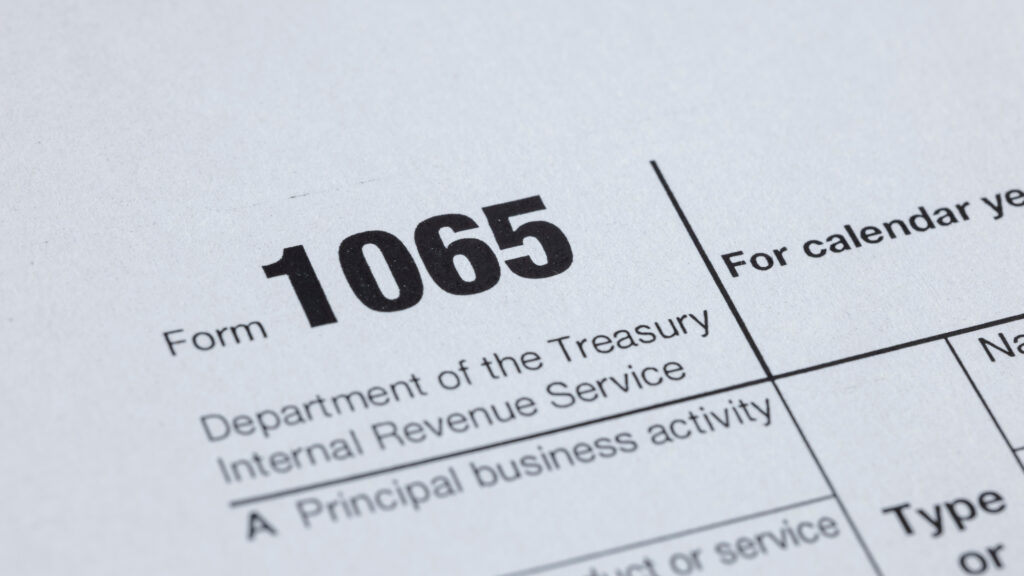R&D tax credits
Tax benefits
The R&D tax credit process

Identify qualified research activities
To qualify for the research credit, activities must meet four criteria: a permitted purpose, technological in nature, involve a process of experimentation and aim to eliminate uncertainty.

Capture all qualified research expenses
Qualified research expenses include in‑house costs such as salaries and wages for research staff, supervisors, and clerical support; supplies used in research; and 65% of payments for outside contract research. Expenses for foreign research, or research in the social sciences, arts, humanities, or funded/subsidized projects do not qualify.

Claim the research credit
The amount of the research credit involves a complicated formula with several limitations.
The research credit, once calculated, is available to both taxable C Corporations and owners of pass-through entities (S Corporations and Partnerships/LLCs).

Document and optimize
The most frequent issue raised in audits is the lack of documentation that the company’s research spending satisfies qualifying tests noted above, as well as support for the various expenditures. Without proper documentation, any claimed credits are potentially jeopardized upon a tax audit.













